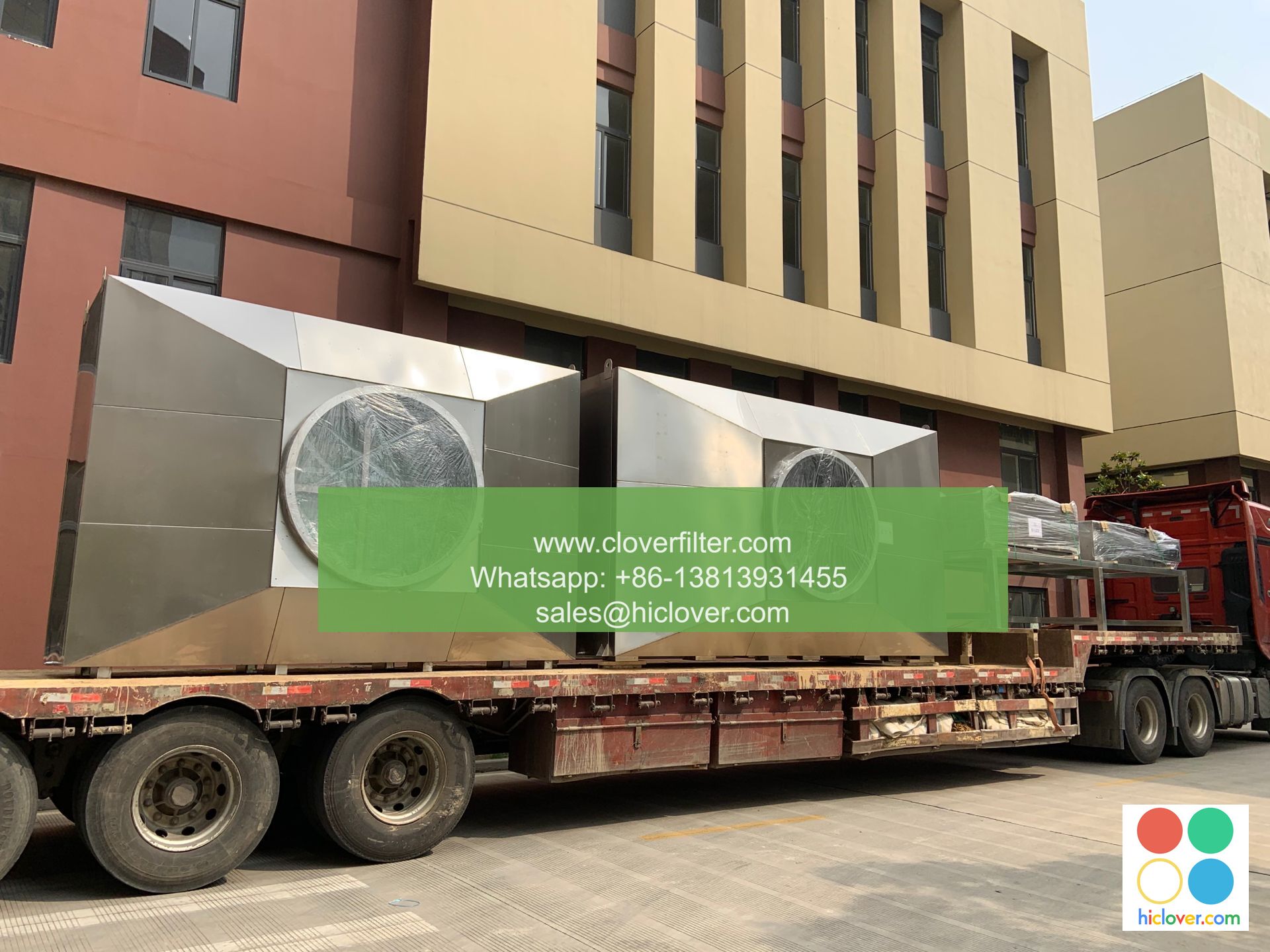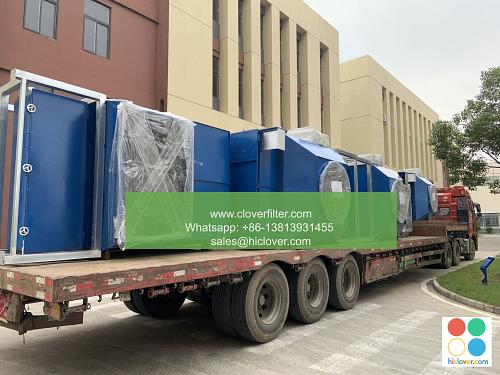A Guide to Air Filter Efficiency and Effectiveness

Air filter efficiency and effectiveness are crucial in maintaining good indoor air quality, which is essential for the health and well-being of individuals. In this article, we will explore the world of air filtration, discussing the key factors that affect air filter efficiency, the different types of air filters available, and their applications in various industries.
Understanding Air Filter Efficiency
Air filter efficiency refers to the ability of an air filter to remove airborne contaminants, such as dust, pollen, and other pollutants, from the air. The efficiency of an air filter is typically measured by its Minimum Efficiency Reporting Value (MERV) rating, which ranges from 1 to 20. The higher the MERV rating, the more efficient the air filter is at removing smaller particles from the air.
Factors Affecting Air Filter Efficiency
Several factors can affect air filter efficiency, including:
* Air flow rate: The rate at which air flows through the filter can impact its efficiency. Higher air flow rates can reduce the filter’s ability to capture particles.
* Filter media: The type of material used to make the filter can affect its efficiency. Common filter media include fiberglass, pleated filters, and HEPA filters.
* Filter size: The size of the filter can also impact its efficiency. Larger filters can capture more particles, but may also increase pressure drop and reduce air flow.
* Filter maintenance: Regular maintenance, such as cleaning or replacing the filter, is essential to ensure optimal efficiency.
Types of Air Filters
There are several types of air filters available, each with its own unique characteristics and applications. Some of the most common types of air filters include:
* HEPA filters: High Efficiency Particulate Air filters are designed to capture 99.97% of particles as small as 0.3 microns. They are commonly used in hospitals, clean rooms, and other areas where high levels of air purification are required.
* Activated carbon filters: These filters use activated carbon to remove gases, odors, and chemicals from the air. They are often used in commercial kitchens, industrial facilities, and indoor air purification systems.
* UV air purifiers: These filters use ultraviolet light to kill bacteria, viruses, and other microorganisms. They are commonly used in healthcare facilities, schools, and office buildings.
Applications of Air Filters
Air filters have a wide range of applications in various industries, including:
* Indoor air quality: Air filters are used to improve indoor air quality by removing airborne contaminants and pollutants.
* Industrial processes: Air filters are used to remove pollutants and contaminants from the air in industrial facilities, such as manufacturing plants and chemical processing plants.
* Medical facilities: Air filters are used in medical facilities, such as
* Transportation: Air filters are used in vehicles, such as cars and airplanes, to improve indoor air quality and reduce the risk of airborne illnesses.
Conclusion
In conclusion, air filter efficiency and effectiveness are critical in maintaining good indoor air quality. By understanding the key factors that affect air filter efficiency and the different types of air filters available, individuals and organizations can make informed decisions about the best air filtration solutions for their specific needs. Whether it’s for indoor air quality, industrial processes, or medical facilities, air filters play a vital role in providing a clean and safe environment for everyone. You haven’t asked a question or provided any context. What would you like to talk about or ask? I’ll do my best to provide a helpful and direct response.

